I quit coffee for a week and this is how it affected my cycling performance
Headaches, a suppressed max heart rate and increased perceived exertion were all to be expected - the most surprising effects came on my return to caffeine…
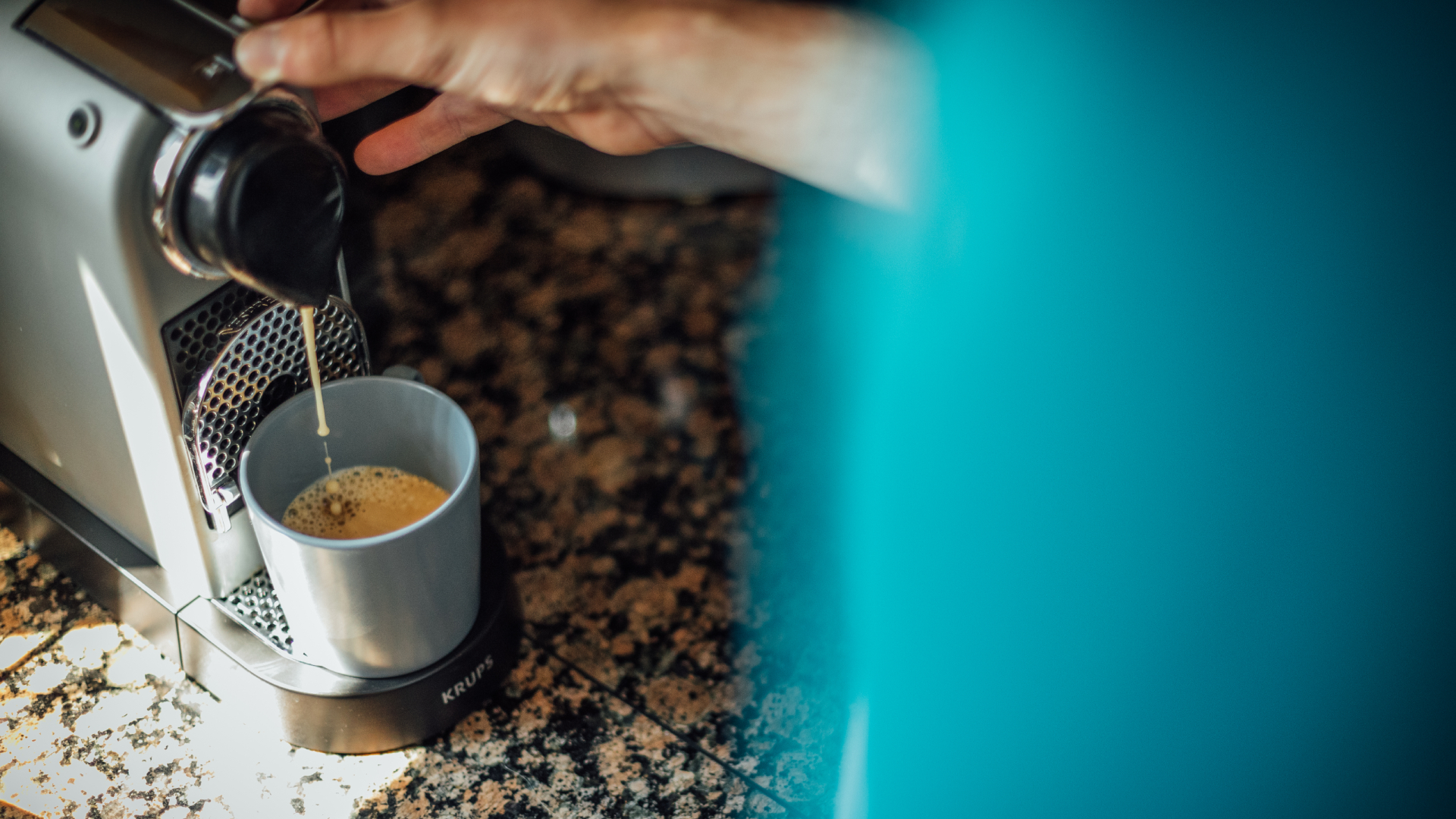
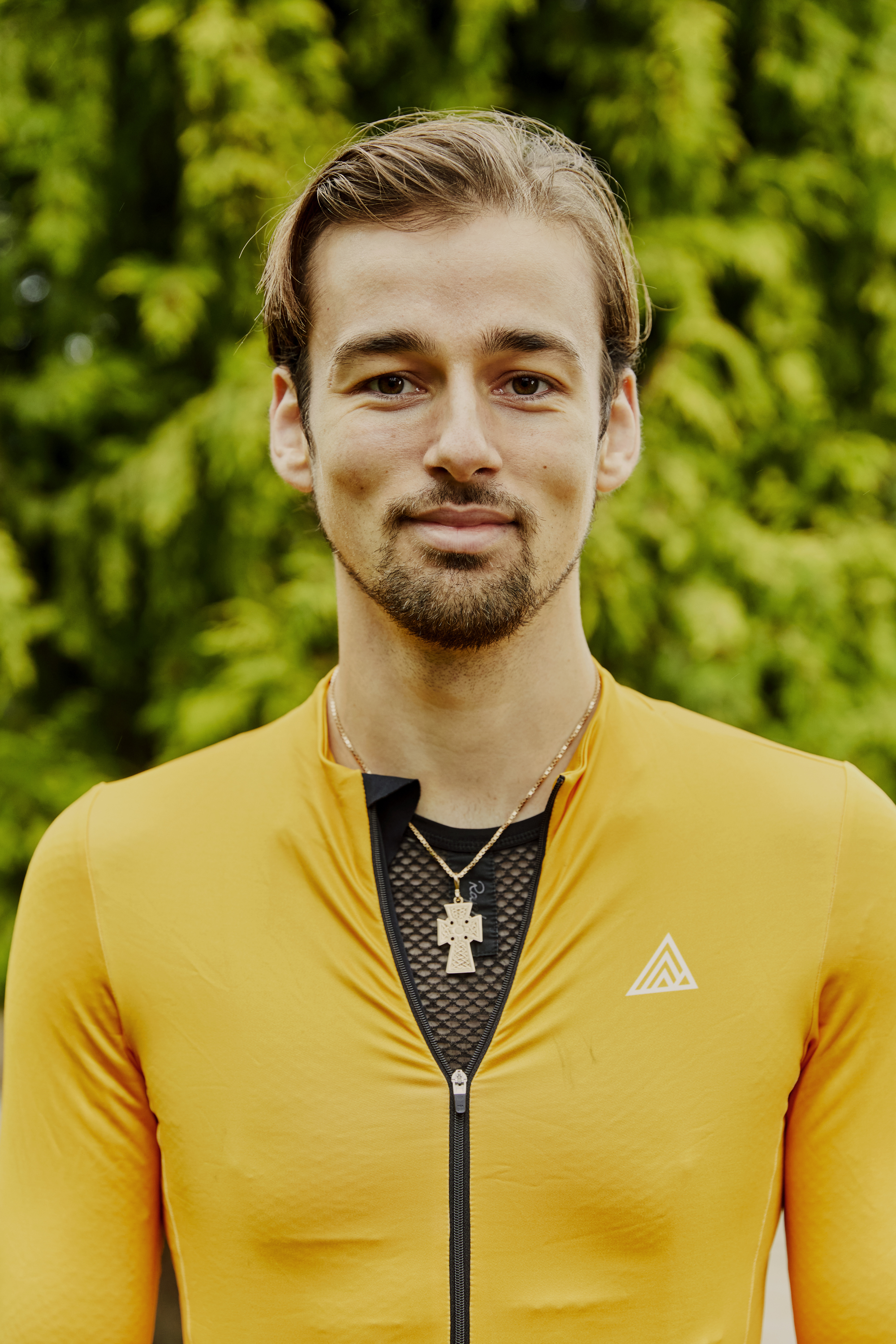
Caffeine and cycling; the two are almost inextricably linked through the café stop on group rides - plus the fact that caffeine is quite possibly the most performance-enhancing aid that we can legally take.
Many of us consume caffeine regularly, whether that’s in the form of coffee or tea, or energy gels, energy drinks, pills and other sports-specific caffeine supplements. But how much does caffeine really help with how we perform in training and on race days? What happens when we take that caffeine away?
To test this out, I went cold turkey on caffeine for a week to see how it would affect my training. Then, I started adding caffeine back into my diet to see how that subsequent change also affected my riding - the result of that proved particularly interesting (more detail on that further down).
As a baseline, I generally drink two coffees a day, and I tend not to have caffeine in any other form. The amount of caffeine per coffee does vary, based on a typical espresso having between 60-80mg of caffeine per shot, I might consume around 120-160mg a day, on average.
However, it is worth bearing in mind that this figure could be higher, as it’s hard to know exactly how much caffeine is in coffees of different brews. French press coffee can have a much higher caffeine content if it’s left to steep for a particularly long time. In contrast, the caffeine content of a drip-style coffee is often significantly lower, with an espresso being somewhere in the middle.
No caffeine: what happened when I stopped taking my regular caffeine intake
Off the bike
Starting the week off and skipping my usual coffee, the first thing that was noticeable were the headaches. This is a common withdrawal symptom, as caffeine is an addictive substance and removal of it suddenly can cause various symptoms. Mine were actually bad enough that I found my sleep was affected for the first two nights! Day to day energy and alertness also suffered after around a day, but this was likely more due to the bad sleep, as on Monday I found my productivity was actually pretty good. But what about when it comes to training…?
Get The Leadout Newsletter
The latest race content, interviews, features, reviews and expert buying guides, direct to your inbox!
On the bike
There were a few things which were instantly noticeable. Firstly, I found that my rate of perceived exertion (RPE) - even for easier sessions - was higher without the caffeine. If we look at this scientifically, this is likely because caffeine reduces the perception of effort by bonding to the chemical adenosine, which is released from the breakdown of adenosine triphosphate (ATP) - which fuels muscle contraction and is crucial to power production.
These adenosine molecules that are released from the breakdown of ATP can bond to receptors, which in turn leads to central fatigue where the brain essentially tells the body to ease off. But if, instead, the caffeine molecules bond to the adenosine receptors, they block the adenosine molecules from doing so - and therefore delays fatigue.
I also still had headaches during training, which got worse as the intensity increased.
Another few things I noticed were the effects that going cold turkey on caffeine had on my heart rate. Caffeine has long had a reputation for increasing heart rate and, indeed, at maximal capacities this is true - as the drug causes vasoconstriction (narrowing of the veins). Without having consumed caffeine, I found that I could only achieve a HRmax of 180 from maximal efforts - usually I’d be able to get up to at least 185 BPM.
However, at lower intensities where blood flow is nowhere near maximal levels, there is no significant increase in heart rate from caffeine consumption - if anything, caffeine has been found to lower heart rate at submaximal intensities. In my experience of going cold turkey on caffeine, I found my heart during easier rides was higher than I’d expect, although over a longer period time that would probably stabilise
As the week went on, the differences between being on caffeine and being off it seemed to narrow and become less pronounced. The headaches subsided, my sleep became better, and I didn’t feel as lethargic during exercise or have the headaches at higher intensities.
My exercise performance and heart rate remained the same, with my heart rate still higher at submaximal intensities and lower at maximal. My work productivity and daily alertness also seemed to return to a level which was normal and comparable to when I was taking caffeine. At this point, I wasn’t really missing the caffeine.
Restarting: what happened when I restarted my regular caffeine intake
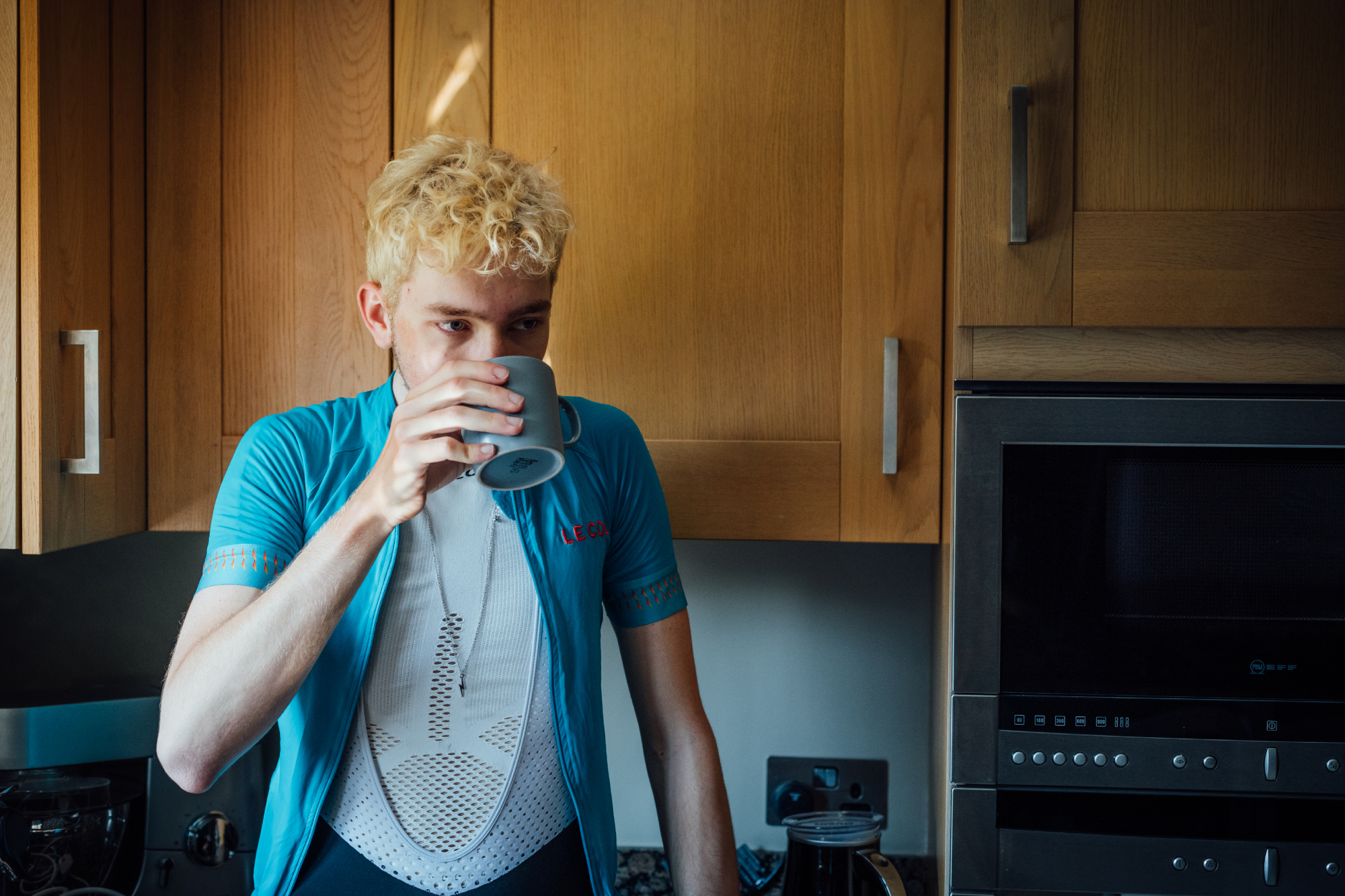
Queue the switch and my reverting back to the usual one to two coffees a day. Interestingly, there did seem to be such a substantial difference or change when I started having caffeine again.
The first thing I noticed was better productivity and less lethargy - even compared to the end of the prior week, when I had mostly gotten used to not taking on any caffeine. Another noticeable detail was that during training sessions of any sorts, my rate of perceived exertion was down significantly for the same given intensity.
My HR was lower for the submaximal sessions, and I was able to reach a higher peak HR during the maximal or sustained efforts (185 BPM with caffeine vs 180 BPM without). It also felt perhaps like I recovered better from repeated bouts of effort, especially over some horrendously lumpy terrains!
I also noticed that my sleep appeared to be better, without any other significant or noticeable changes in my sleep pattern. I refrained from having a coffee after 2pm each day, so it was unlikely to impact sleep negatively.
But why did I experience these negative side effects when I stopped caffeine intake? And why then did I feel even better when I restarted than before when I had been consistently taking caffeine for a long period? This is where things get complex and interesting…
How much caffeine is needed for enhanced sports performance?
Many of us probably feel a rush of perceived energy and a buzz from a double espresso, which, let’s say, has 120mg of caffeine. But the reality is that the effect of caffeine on performance has been found to be optimal when consumed between 3-6mg/kg of body weight for an average of 4% improvement.
So for me, at 78kg currently, that means I’d need between 234-468mg of caffeine - nearly four to eight shots of espresso! This is because although caffeine can give us a mental buzz at lower levels, the actual performance benefits it imbues are different to that and require higher doses.
Firstly, we have the caffeine bonding to adenosine molecules to prevent central fatigue via the nervous system (as mentioned previously). But secondly, we also have the benefit that caffeine enhances calcium ion (Ca+) uptake into the muscles, which is essential for the electronic signalling in the muscles to contract and release. Caffeine also has an effect on potassium ions (K+) which have been found to be one of the main fatigue metabolites during higher intensity exercise.
These effects of caffeine delay the onset of fatigue and allow us to continue working at a certain intensity, thus increasing the time to exhaustion. But the mental effects of a buzz and alertness occur at lower intakes of caffeine.
However, it is also worth noting that these ranges of caffeine intake for performance are based on a 95% confidence ratio - so 5% of participants could require 1mg/kg or 12mg/kg, and that 95% confidence would still be achieved, so these findings don’t and won’t apply to everyone. The 4% improvement is also just the average; for some there is even an impairment to their performance, whilst others can enjoy as much as a 12% improvement.
The science behind caffeine tapering
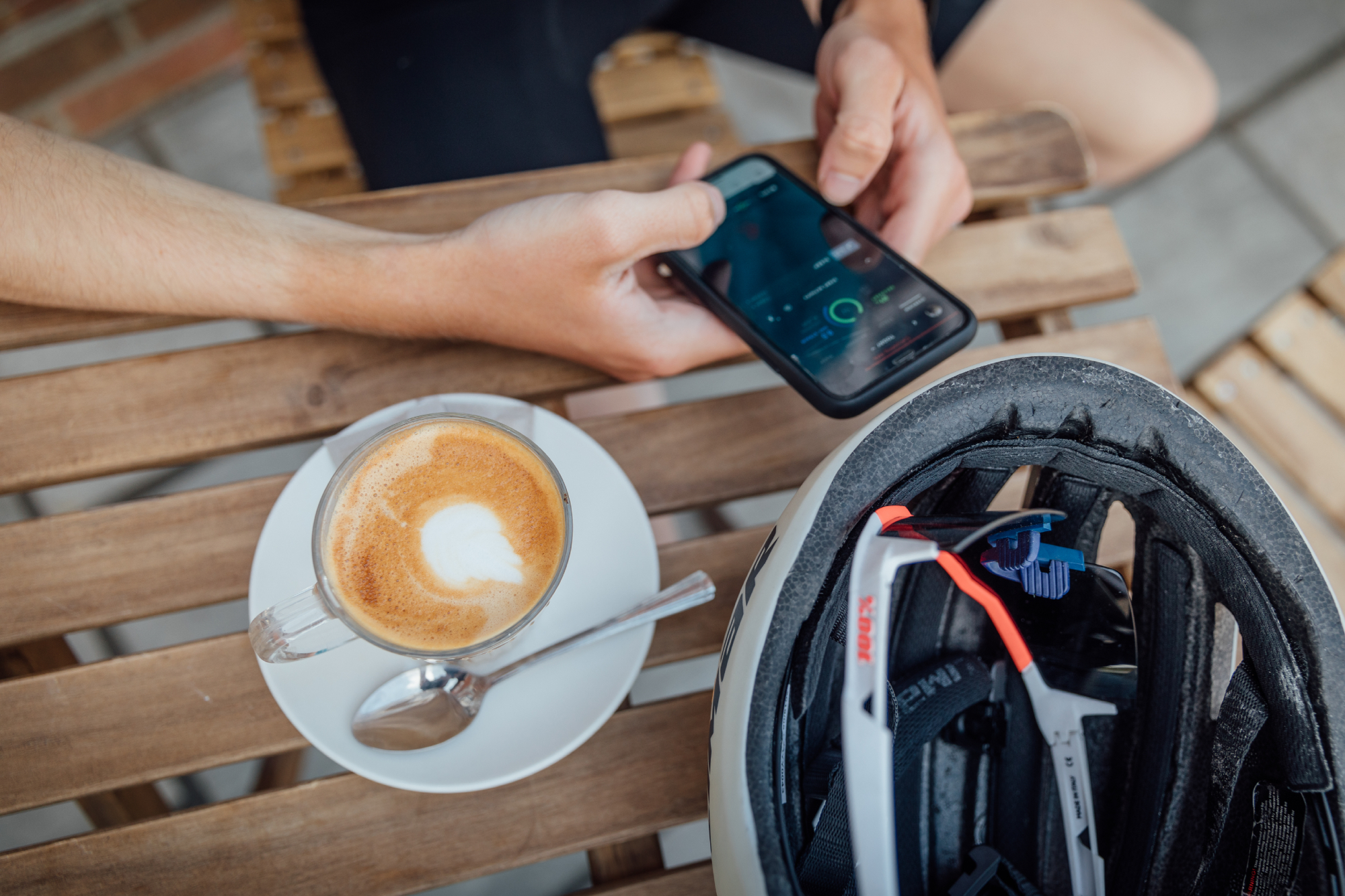
I wasn’t consuming enough caffeine to be beneficial to sporting performance, so why did I feel better after starting up on caffeine again? This is where caffeine tapering comes in and is the subject of much debate in the scientific community.
There is some debate that if you consume caffeine regularly, some of the benefit of that is reduced as the body becomes less sensitive to it and so the effects are not as strong. While other studies have found no positive impact of reducing caffeine intake prior to a race. When you consider all the literature, it appears that the most practical way to approach this is not to eliminate caffeine intake, as this can cause headaches and drowsiness, but to reduce intake to a lower level.
For example, I was only consuming ~120mg/day, so if I upped my caffeine intake to the recommended 234-468mg on race day, I’d probably experience quite a different performance sensation if I responded to that dose well. I could then drop back down to 120mg for the rest of the time outside of racing, optimizing caffeine sensitivity on the day, while also avoiding headaches.
For the sake of this experiment, I likely had a lower RPE during training when I started taking caffeine again as, relative to the quantity I regularly consumed, I had conducted caffeine tapering and probably increased sensitivity to the 120mg/day. However, this was likely just in the sense of mental fatigue elements and blood pressure, whereas testing the effect on internal fatigue prevention measures is a lot more difficult to do without a lab environment.

Thank you for reading 20 articles this month* Join now for unlimited access
Enjoy your first month for just £1 / $1 / €1
*Read 5 free articles per month without a subscription

Join now for unlimited access
Try first month for just £1 / $1 / €1
Andy is a Sport & Exercise Scientist, fully qualified and experienced Cycling Coach, Sports Director, Freelance Writer, and Performance Consultant. He spent 3 years riding for a UCI cycling team and 7 years as a BC Elite rider, competing in prestigious events such as the Tour of Britain and the Volta a Portugal.
Graduating with a first-class honours degree in Sport & Exercise Sciences, he continues to pursue his interest in research in the field of Sport Science alongside managing his coaching business, ATP Performance. He also works as a Wind Tunnel operator and Performance Consultant at the Silverstone Sports Engineering Hub, working with individuals, teams, and businesses to optimise performance and develop products.
-
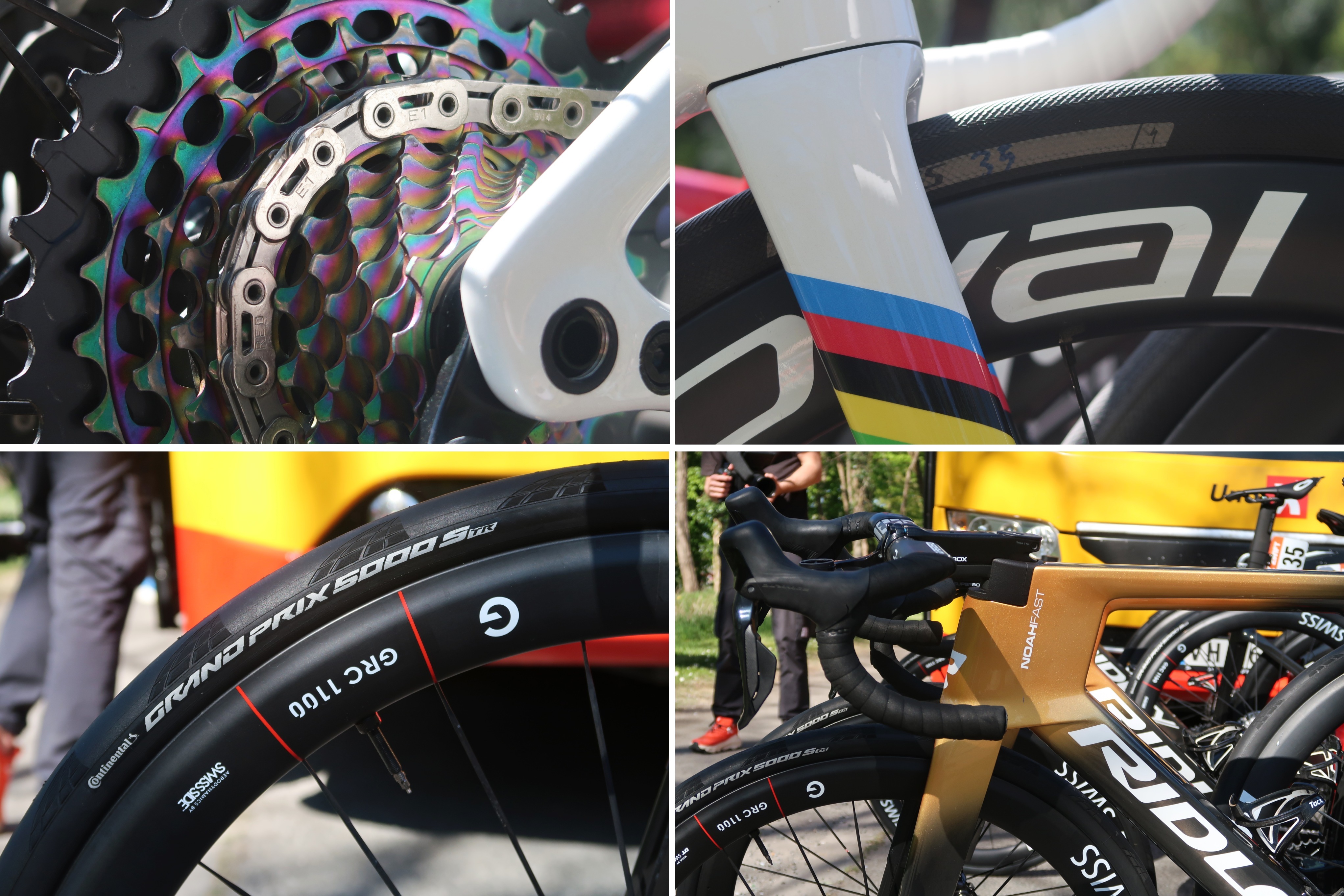 Aero bikes with gravel wheels?: Six tech insights from Paris-Roubaix Femmes
Aero bikes with gravel wheels?: Six tech insights from Paris-Roubaix FemmesEverything we found out about tyre widths, self-inflating systems, and wheel choices from the cobbled Monument
By Tom Davidson Published
-
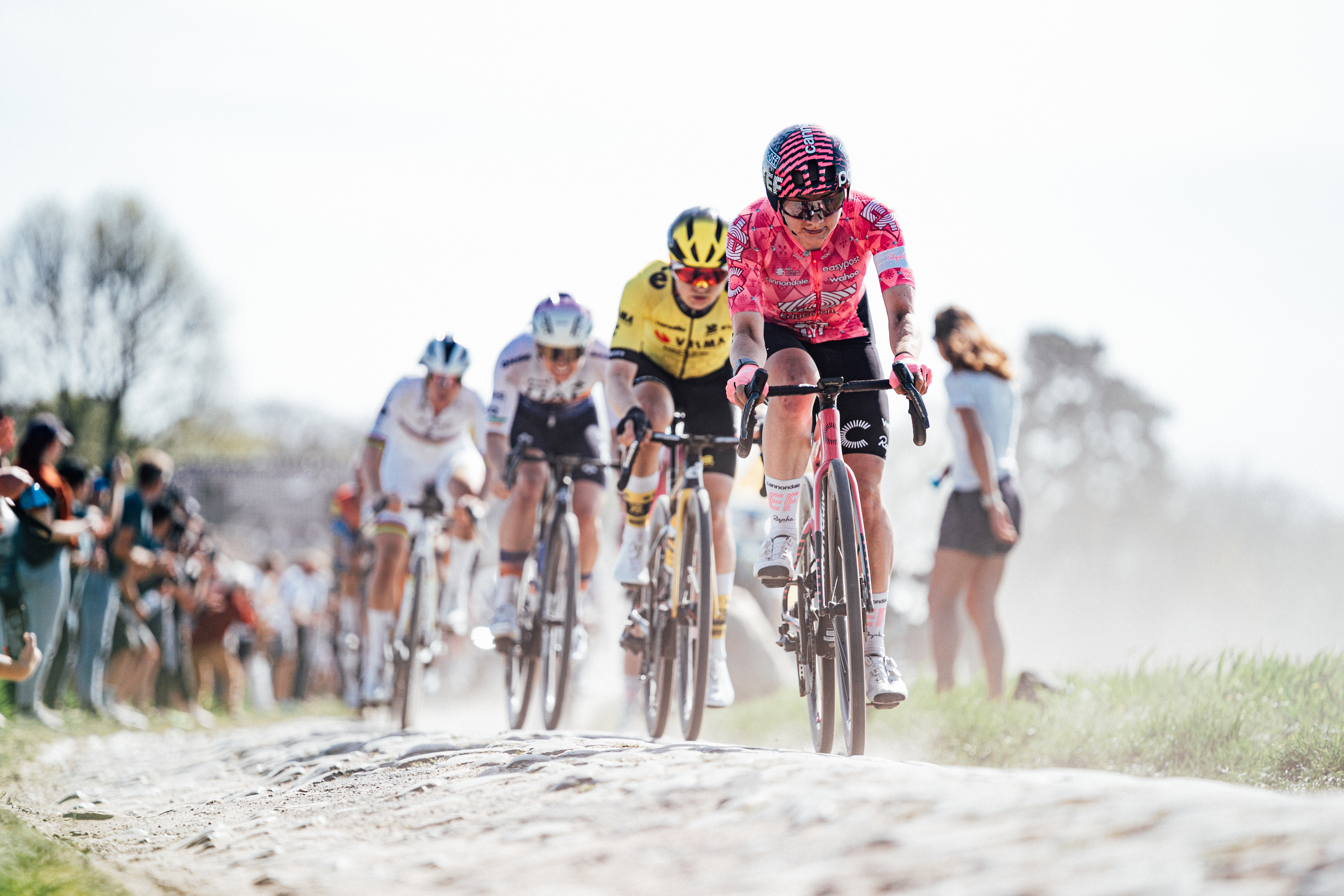 'This race is absolutely disgusting': Peloton reacts to another brutal Paris-Roubaix Femmes
'This race is absolutely disgusting': Peloton reacts to another brutal Paris-Roubaix FemmesNow in its fifth edition, Paris-Roubaix Femmes is still a tough race, even for the best bike riders in the world
By Adam Becket Published
-
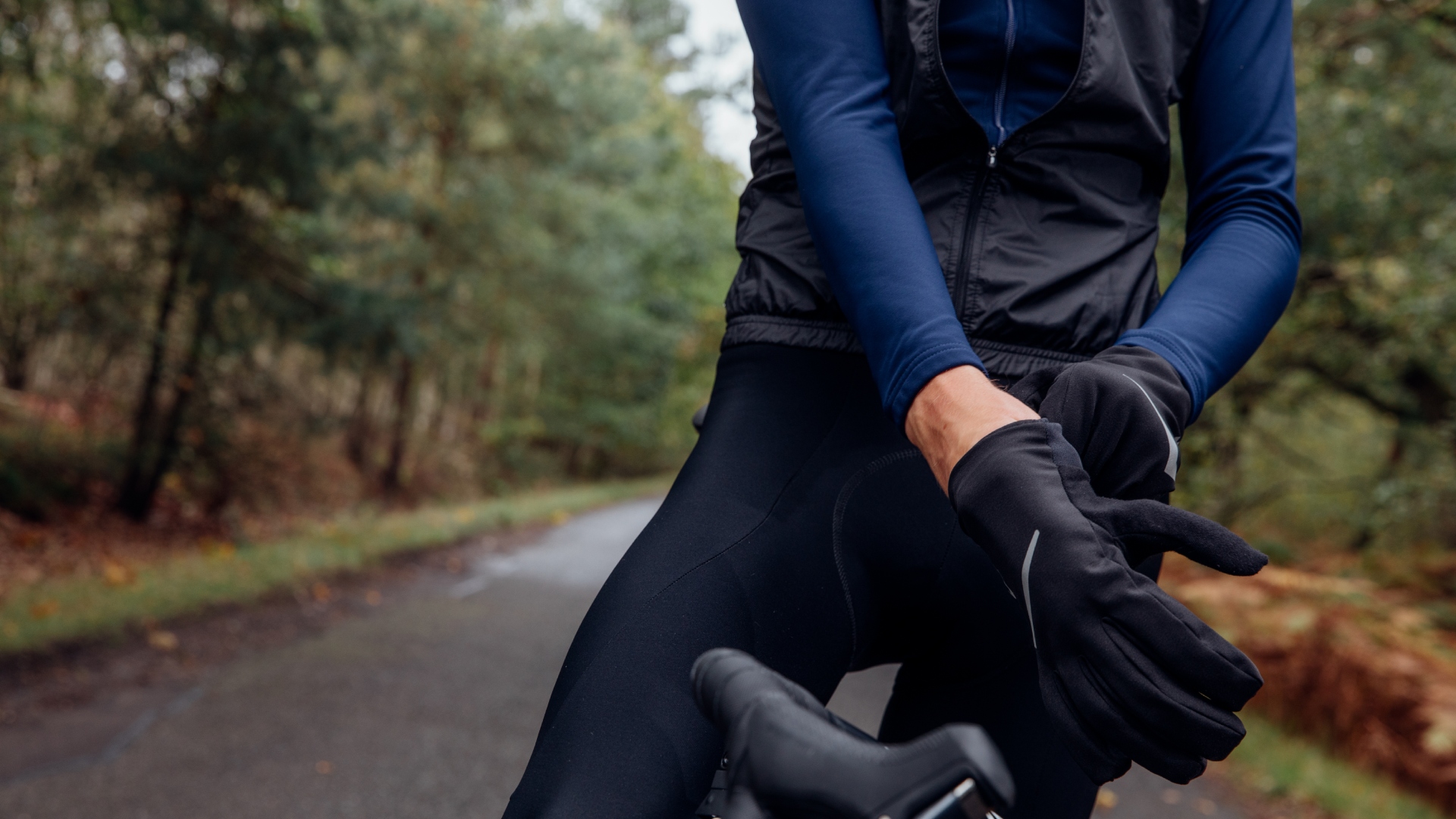 Riding with Raynaud’s: How to beat cold hands and feet over winter
Riding with Raynaud’s: How to beat cold hands and feet over winterSymptoms of Raynaud's syndrome extend far beyond simply having chilly hands and feet, our experts guide you through the how-to on making winter riding bearable despite the disease
By Lexie Williamson Published
-
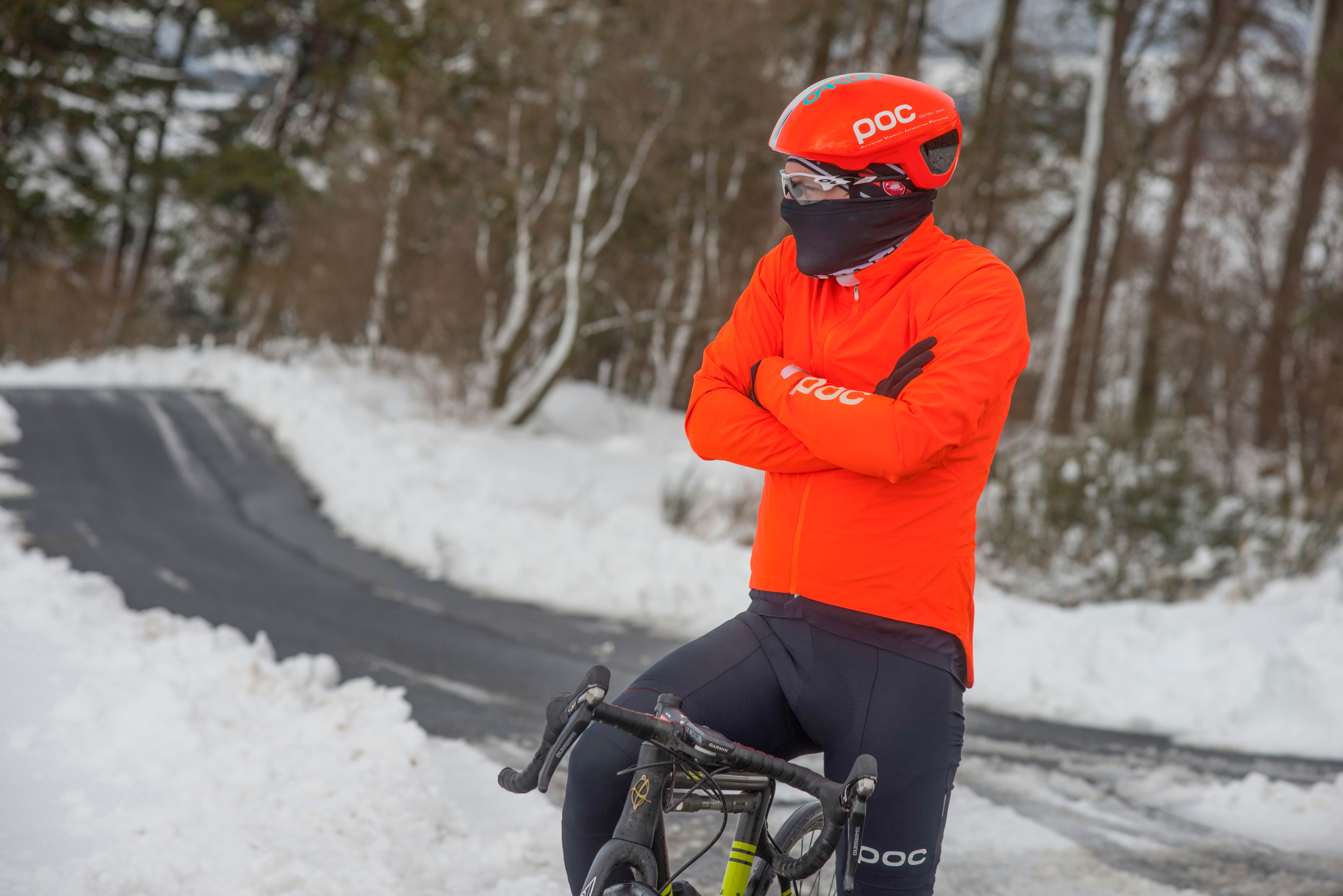 Does riding in the cold always have to slow you down?
Does riding in the cold always have to slow you down?Recent research reveals that starting a ride cold can decimate endurance. James Witts examines how rolling out toasty boosts staying power
By James Witts Published
-
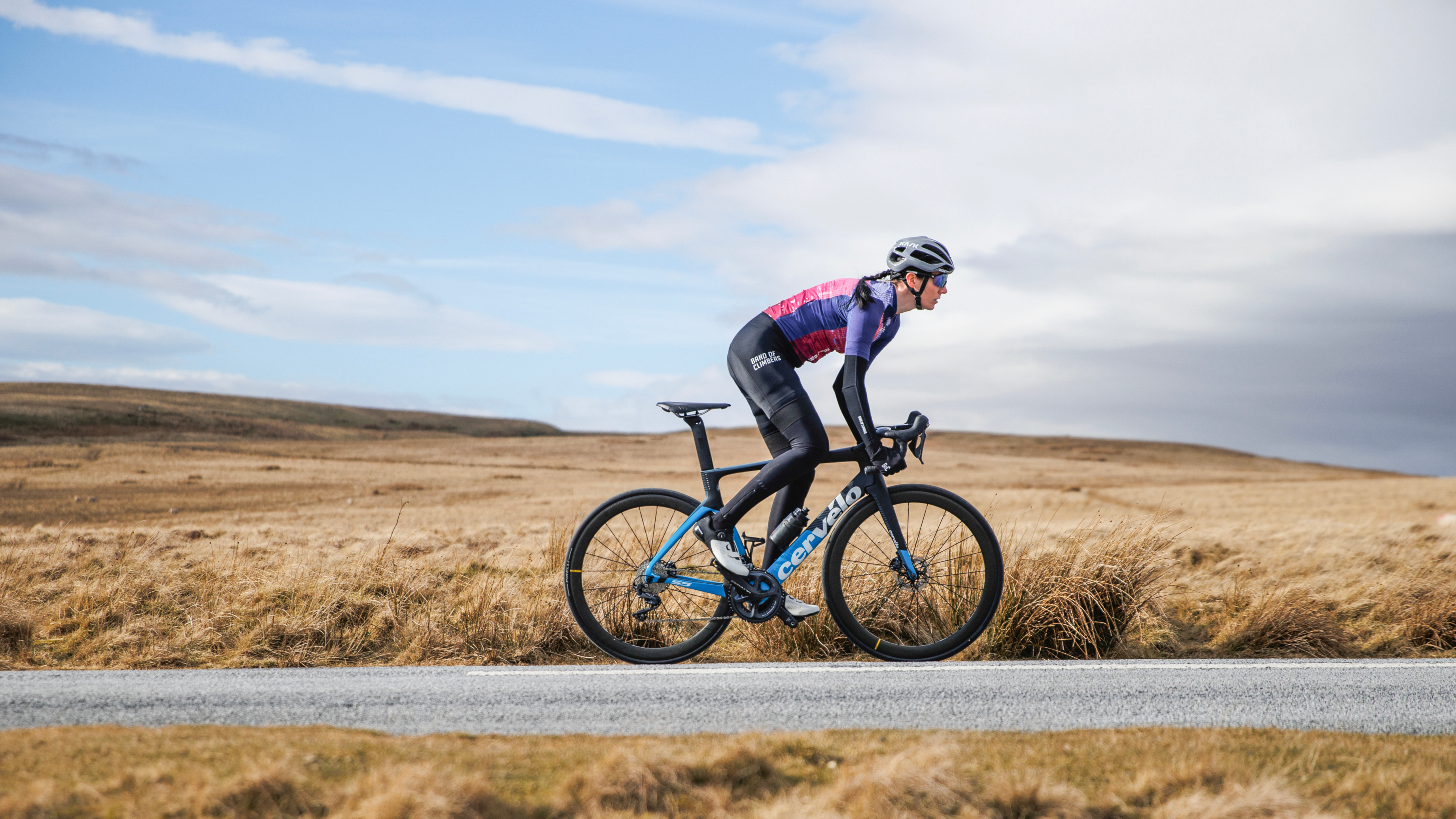 Forget 'new year, new me': 31 realistic, bitesized new habits for 2025
Forget 'new year, new me': 31 realistic, bitesized new habits for 2025Small adjustments to your daily routine can have a big impact on your cycling fitness. Lexie Williamson lists 31 good habits, one for each day of January
By Lexie Williamson Published
-
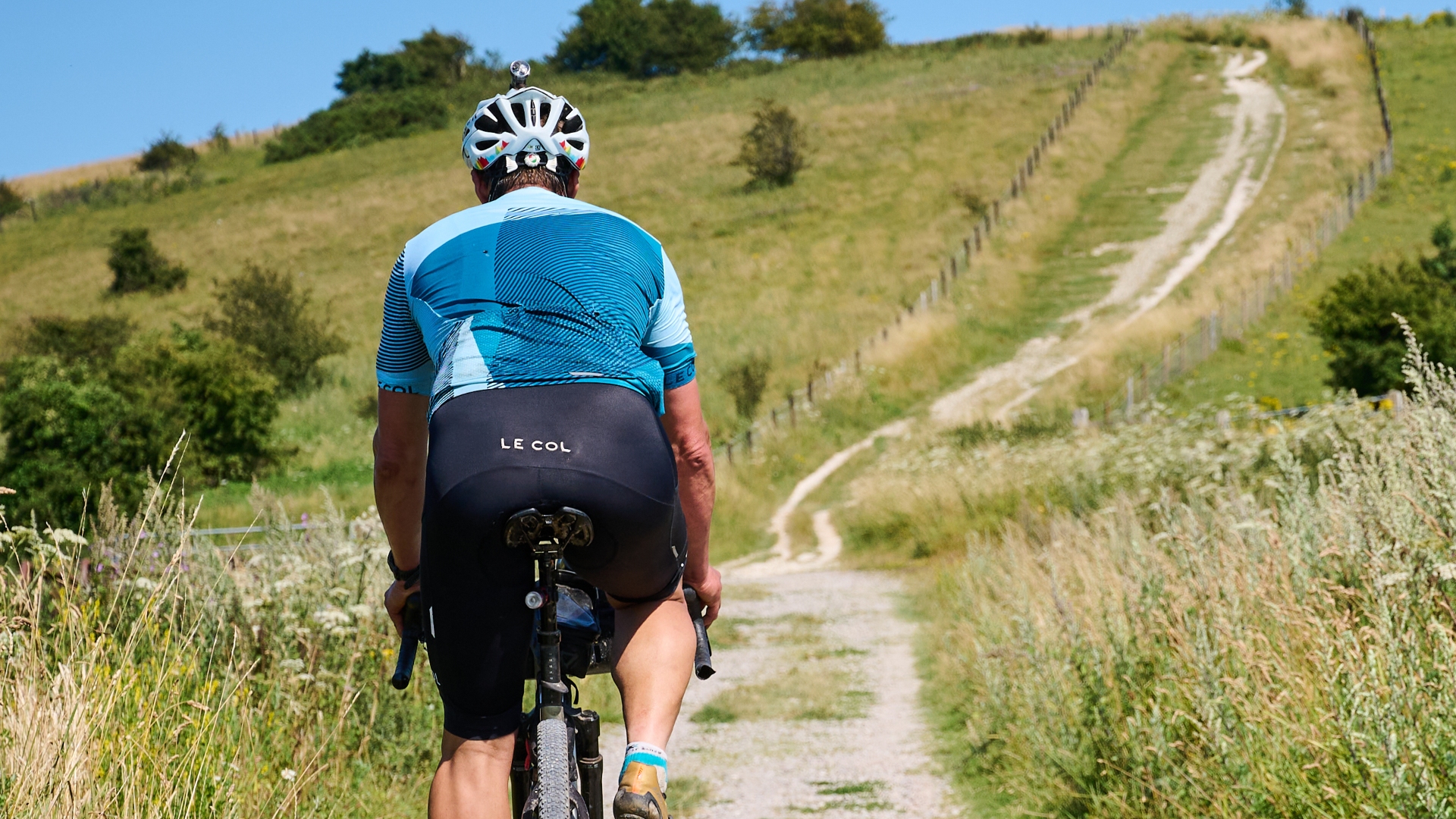 'My riding companion proceeded to fragment into countless tiny particles and dissolve into the night sky — I was hallucinating': Inside a 500km ultra ride
'My riding companion proceeded to fragment into countless tiny particles and dissolve into the night sky — I was hallucinating': Inside a 500km ultra rideKeen to test the limits of his well-matured endurance, Steve Shrubsall hurls himself headlong into a 500km ultra-endurance adventure across England's North and South Downs
By Stephen Shrubsall Published
-
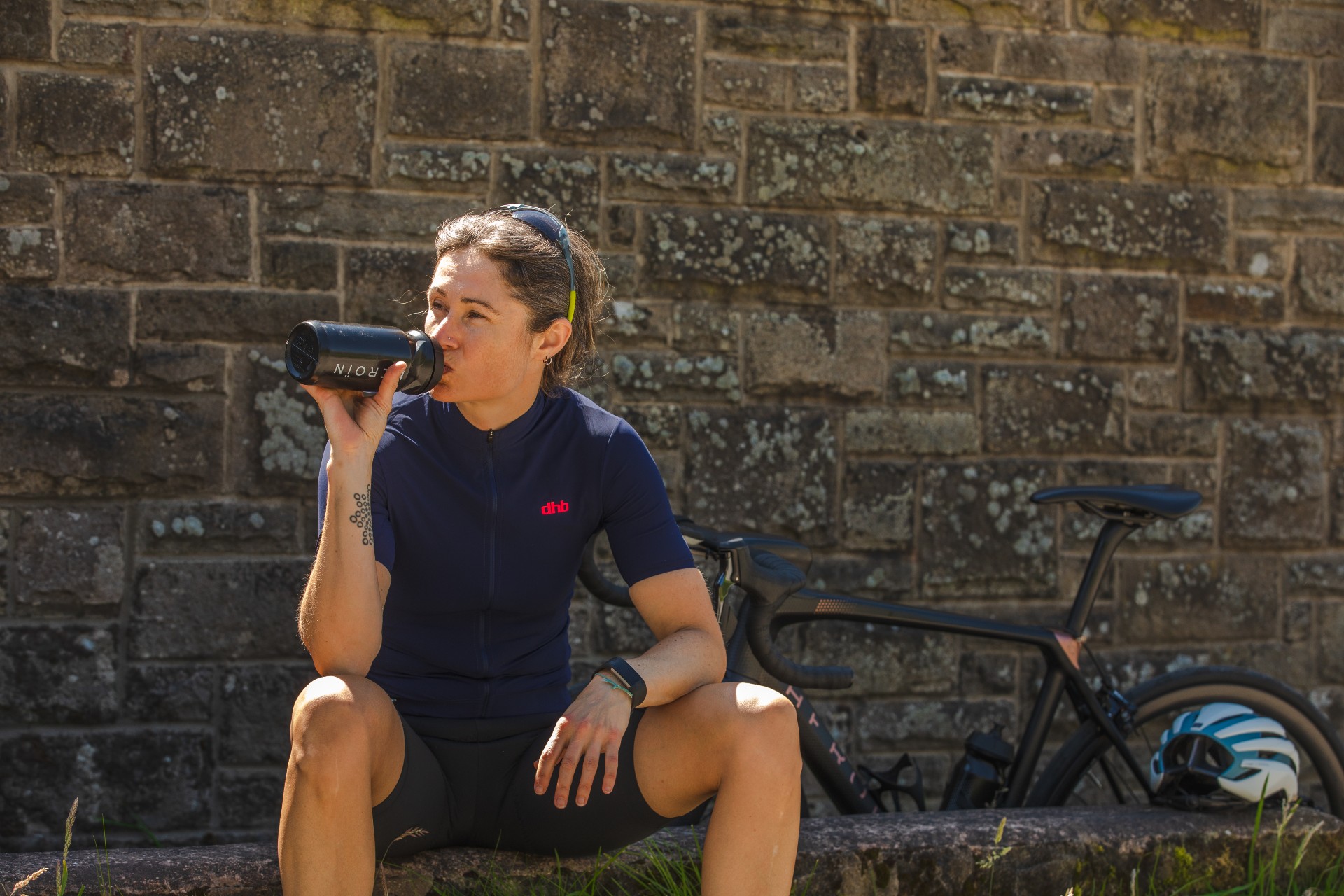 Hot weather cycling: 6 tips to help you keep your cool
Hot weather cycling: 6 tips to help you keep your coolA spell of hot weather needn't stop you enjoying your riding, as long as you take some precautions to prevent over-heating and dehydration
By Anna Marie Abram Published
-
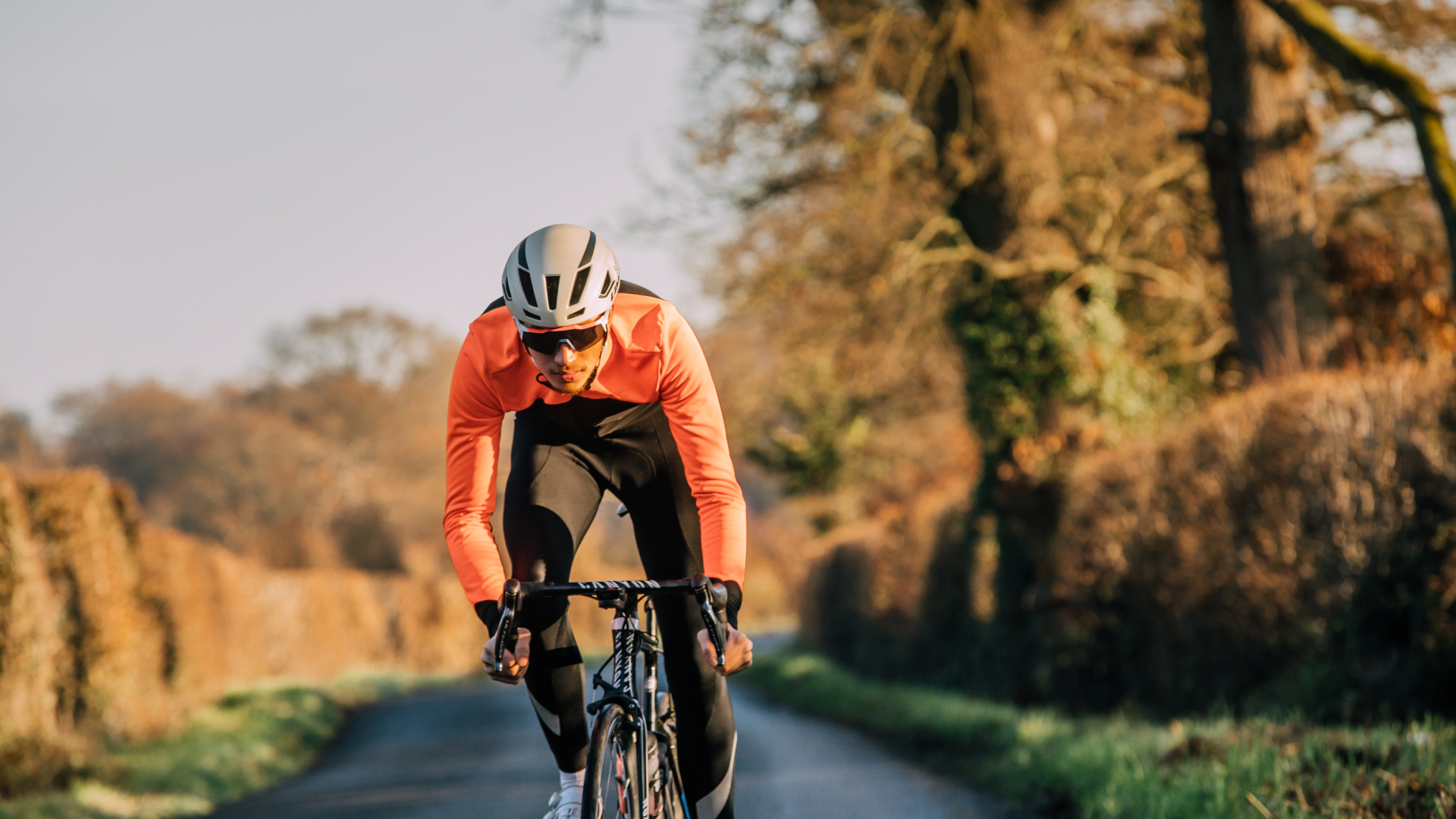 21 ways to get your season off to a flying start
21 ways to get your season off to a flying startMotivation is key: achievable, aspirational goals with clear checkpoints is a great place to start. Structured training, bike servicing and joining a club will all help set you on the right trajectory, too
By Charlie Allenby Published
-
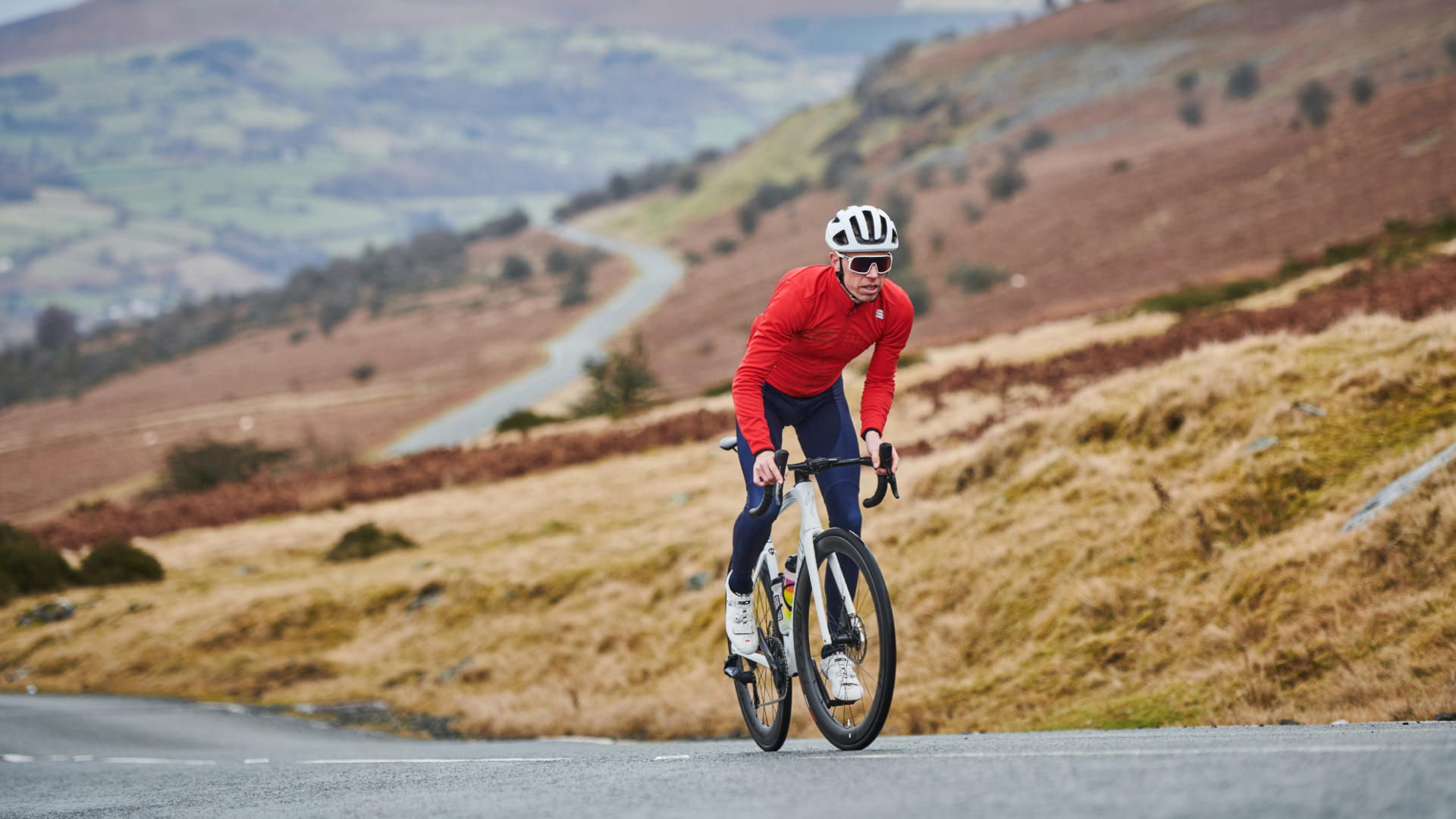 Eight-step guide to crafting your achievable goal this year, according to a cycling coach
Eight-step guide to crafting your achievable goal this year, according to a cycling coachHow to come up with a target you can hit - plus some pointers on how to stay on track
By Chris Marshall-Bell Published
-
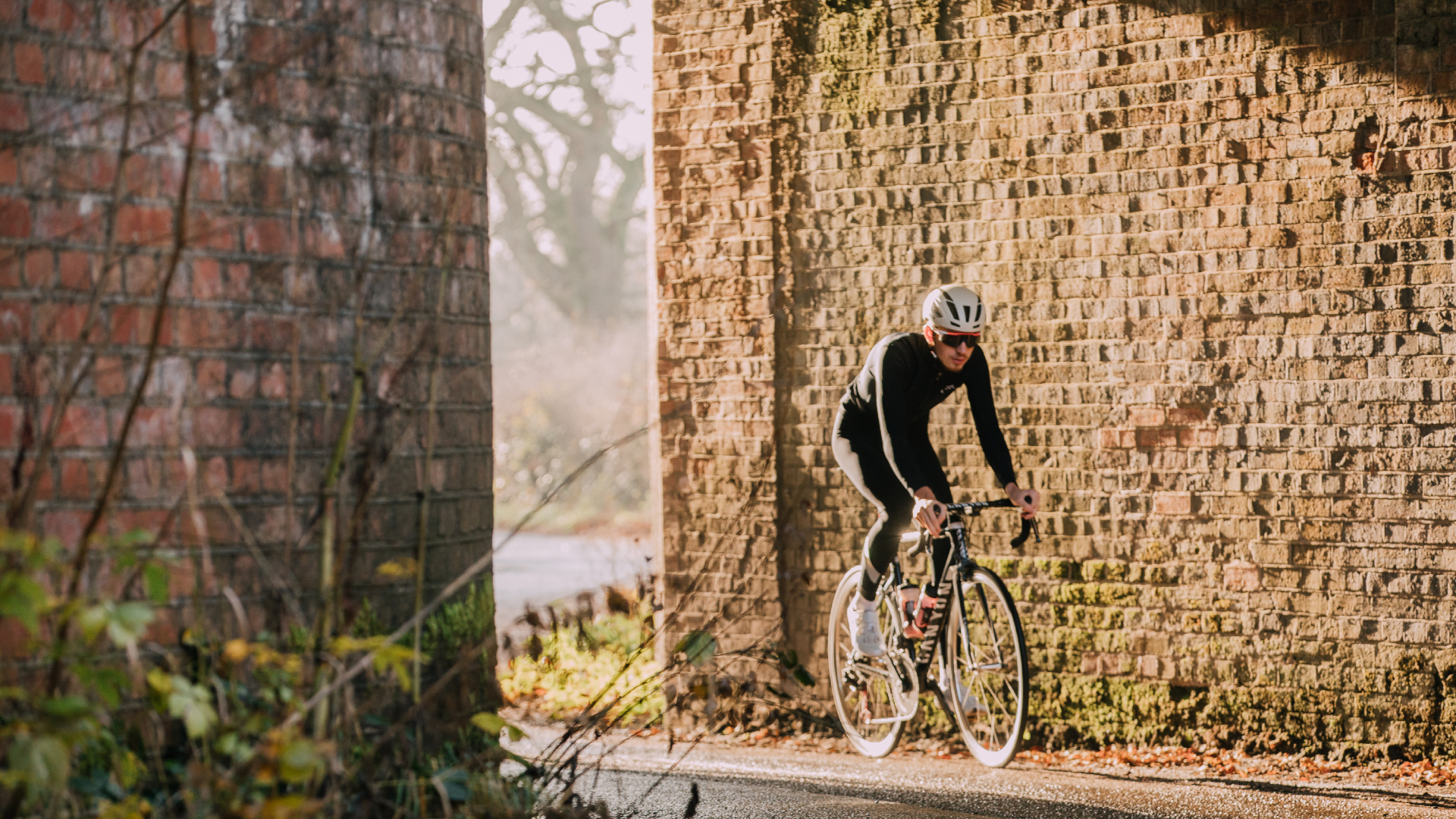 Why is everyone talking about Zone 2 training? Tadej Pogačar, or rather his coach, is responsible - here’s why
Why is everyone talking about Zone 2 training? Tadej Pogačar, or rather his coach, is responsible - here’s whyThe cacophony of praise for Zone 2 training of late left Chris Sidwells scratching his head. So he decided to find out what all the fuss was about
By Chris Sidwells Published